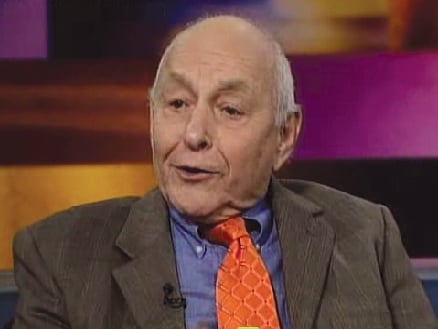At October 31, 2009, over 59% of Fund net assets were invested in the common stocks of extremely well-financed companies located in East Asia. Forty-three percent of such investments were in eight real estate and private equity companies headquartered in Hong Kong, all also having major presences in mainland China.
At October 31, 2009, over 59% of Fund net assets were invested in the common stocks of extremely well-financed companies located in East Asia. Forty-three percent of such investments were in eight real estate and private equity companies headquartered in Hong Kong, all also having major presences in mainland China. Almost 9% was in one issuer, Toyota Industries, headquartered in Japan. Another 6% was in a steel company, Posco, headquartered in South Korea. The outlook for dynamic growth over the next five to seven years seems far more assured in East Asia, especially mainland China, than seems to be the case for the United States.
In terms of asset allocation, therefore, shouldn't a U.S. Investor seek to have a portion of his portfolio invested in East Asian equities? A good case can be made that TAVF is a good vehicle to use to achieve such an asset allocation because the Fund's East Asian investments seem
to combine relative safety with deep discounts from underlying value.
There are special risks that arise from making equity investments in East Asia. There are threats of political instability in China, especially West China. To continue to thrive, perhaps 400 million Chinese will have to enter the middle class during the next five to seven years. Cultural differences are hard for U.S. analysts to understand. Corruption may be rife, especially within local Chinese governments. Much of China remains a command economy, rather than a market economy. Additionally, there may be asset bubble risk in China. The Japanese economy is moribund, in great part we think, because, unlike the U.S., there are almost no prospects for changes in control of Japanese corporations.
Viewed from a South Korean point of view, North Korea is downright scary. Fund Management however, has a hunch that the greatest uncertainties arising out of the Hong Kong investments will prove to be micro, i.e., company specific, rather than macro factors affecting the general market or the general economies. One of our worries revolves around management succession at Cheung Kong Holdings and Henderson Land Development. Together Cheung Kong Common and Henderson Land Common accounted for 27% of Fund assets, at October 31st. These magnificent companies were founded by, and are managed by, Li Ka-shing and Lee Shau Kee, respectively. Both gentlemen are now 80 years old. Their departures from their companies, when, as, and if, would give rise to some concern at Third Avenue. However, as far as Fund Management can tell, the next generation of Cheung Kong and Henderson Land executives, seems capable and quite involved in acting in the best interests of common stockholders.
Nonetheless, the Third Avenue portfolio of East Asian equities seems to deliver a certain degree of protection against the special risks described in the two preceding paragraphs. First, most of the companies are headquartered in Hong Kong, an area following British traditions of government and law enforcement. Hong Kong securities law is comprehensive and provides excellent protections and disclosure for outside, passive, investors, such as TAVF. The companies in which the Fund has invested are all blue chips and most are majority owned and managed by billionaire families which seem to have large communities of interest with Third Avenue, as fellow holders of common stock. These managements seem particularly well qualified to deal with conditions in mainland China,
whatever they may be. While both Posco Common and Hang Lung Properties Common have more than doubled in market price since they were acquired by TAVF, neither appears to be overvalued. All the other issues are selling at meaningful discounts from readily ascertainable net asset
values (“NAV”). Third Avenue concentrates its common stock investments into the issues of companies which combine three characteristics:
1) Super strong financial position.
2) Market price represents a meaningful discount from readily ascertainable NAV.
3) Good prospects that over the next five to seven years, NAV will grow at better than 10% annual rates, compounded.
The Asian common stocks owned by the Fund seem to meet these criteria better than any other available equity investments.







